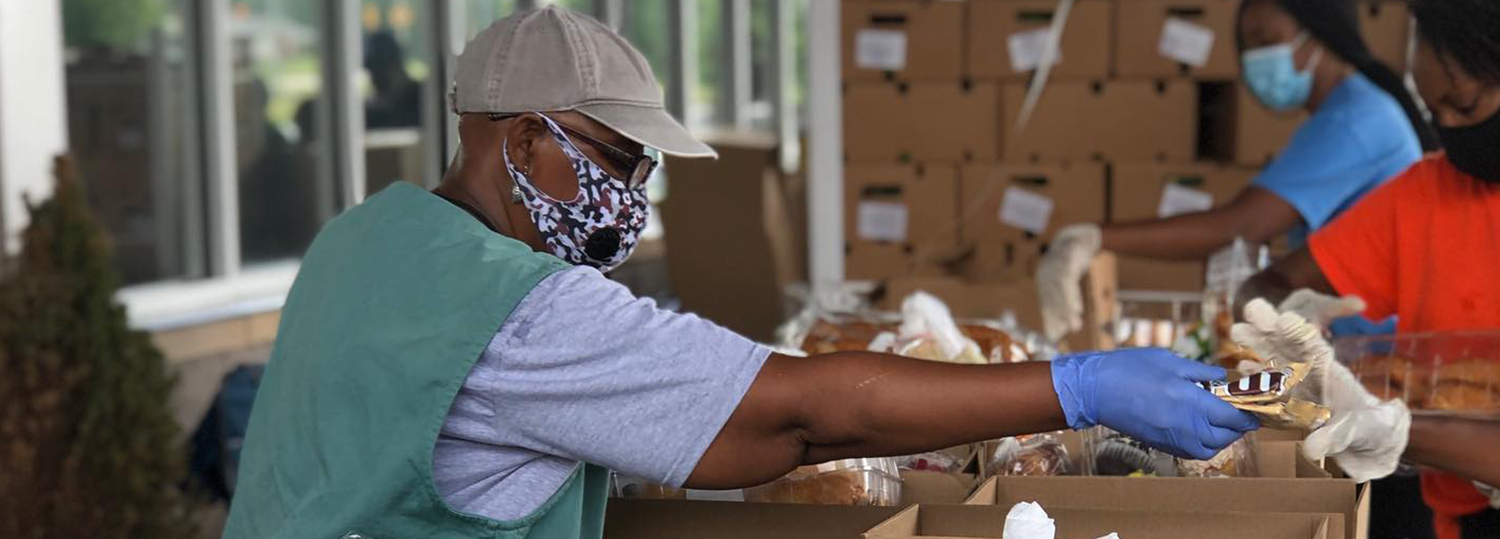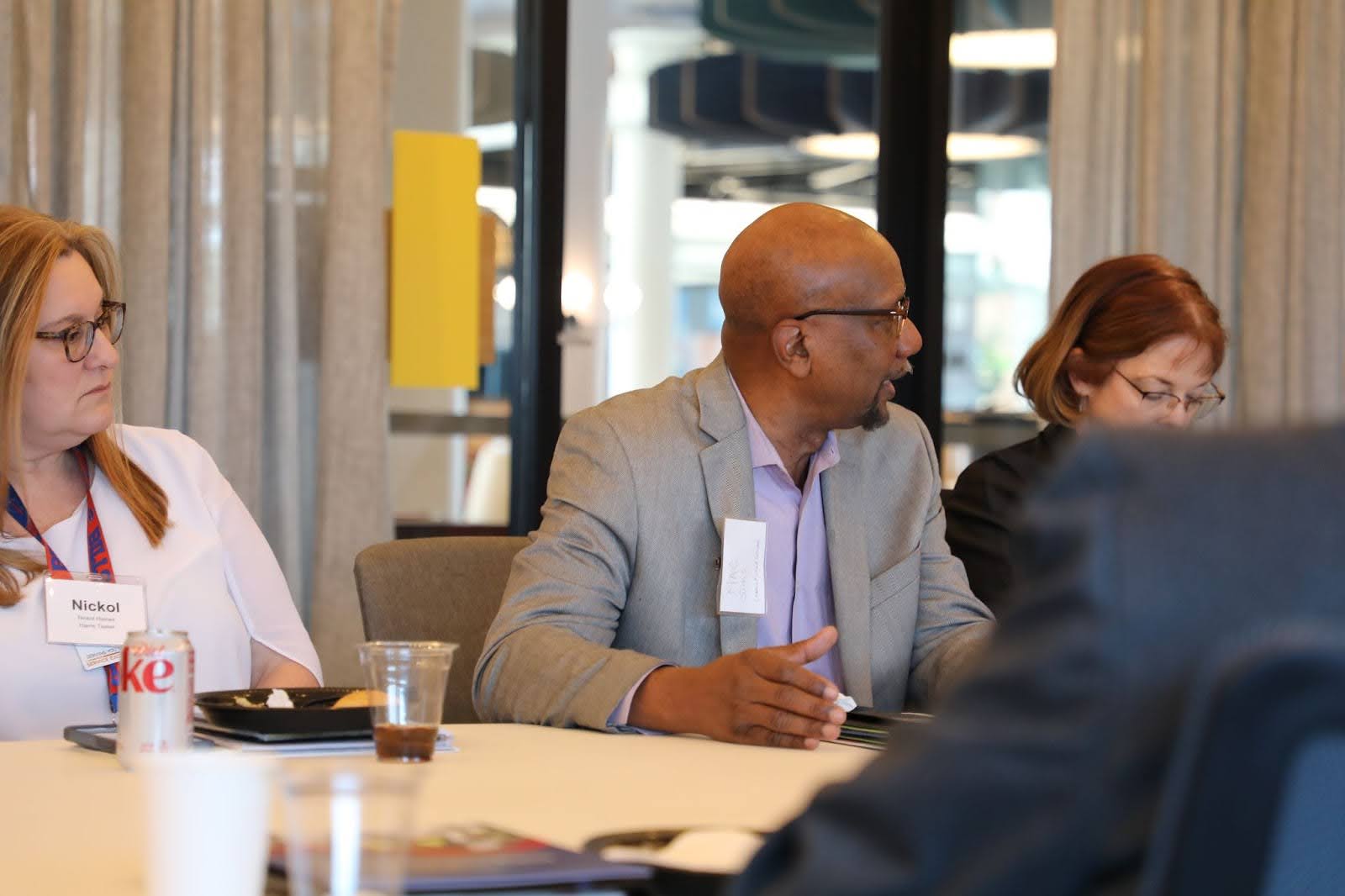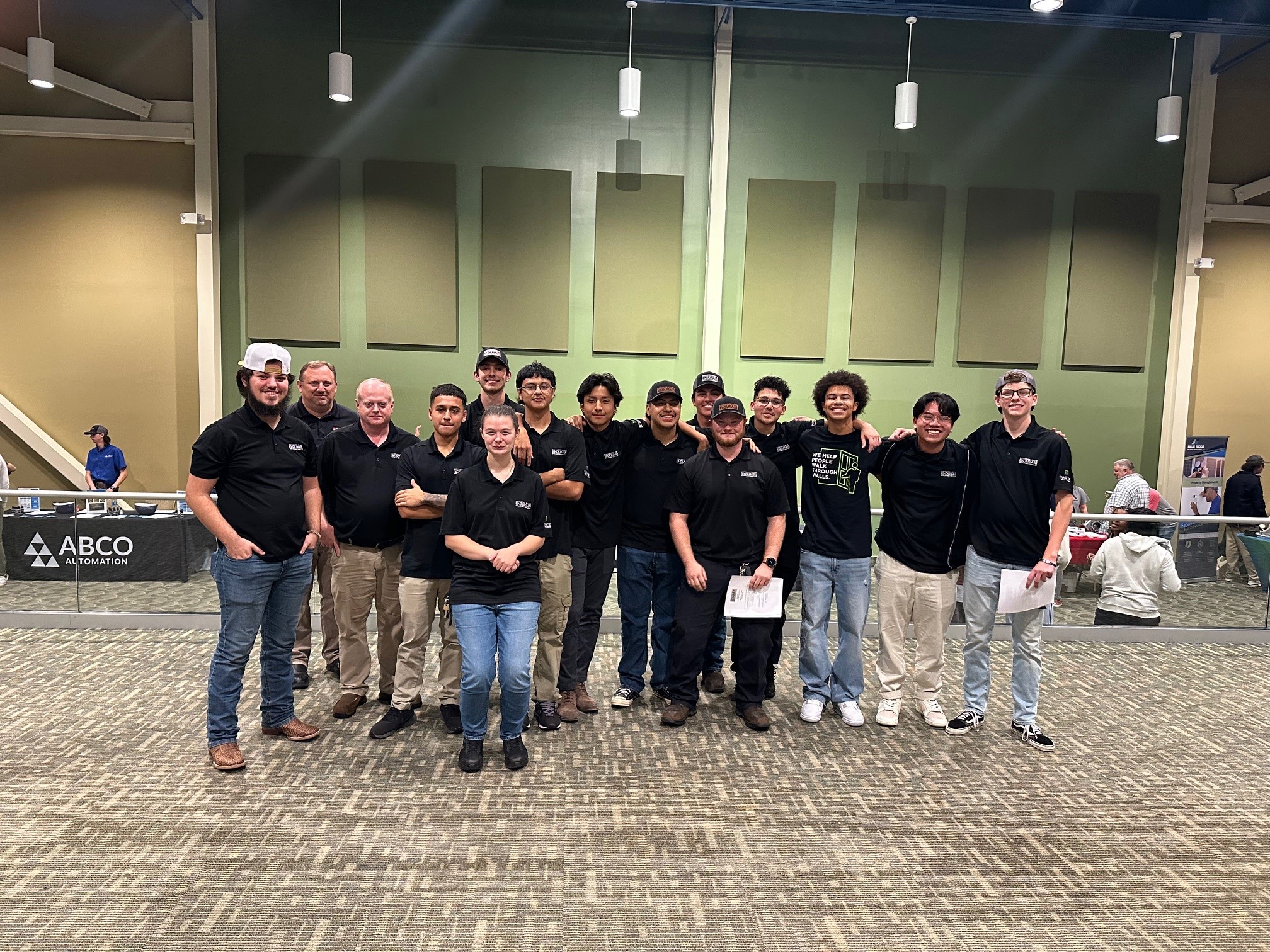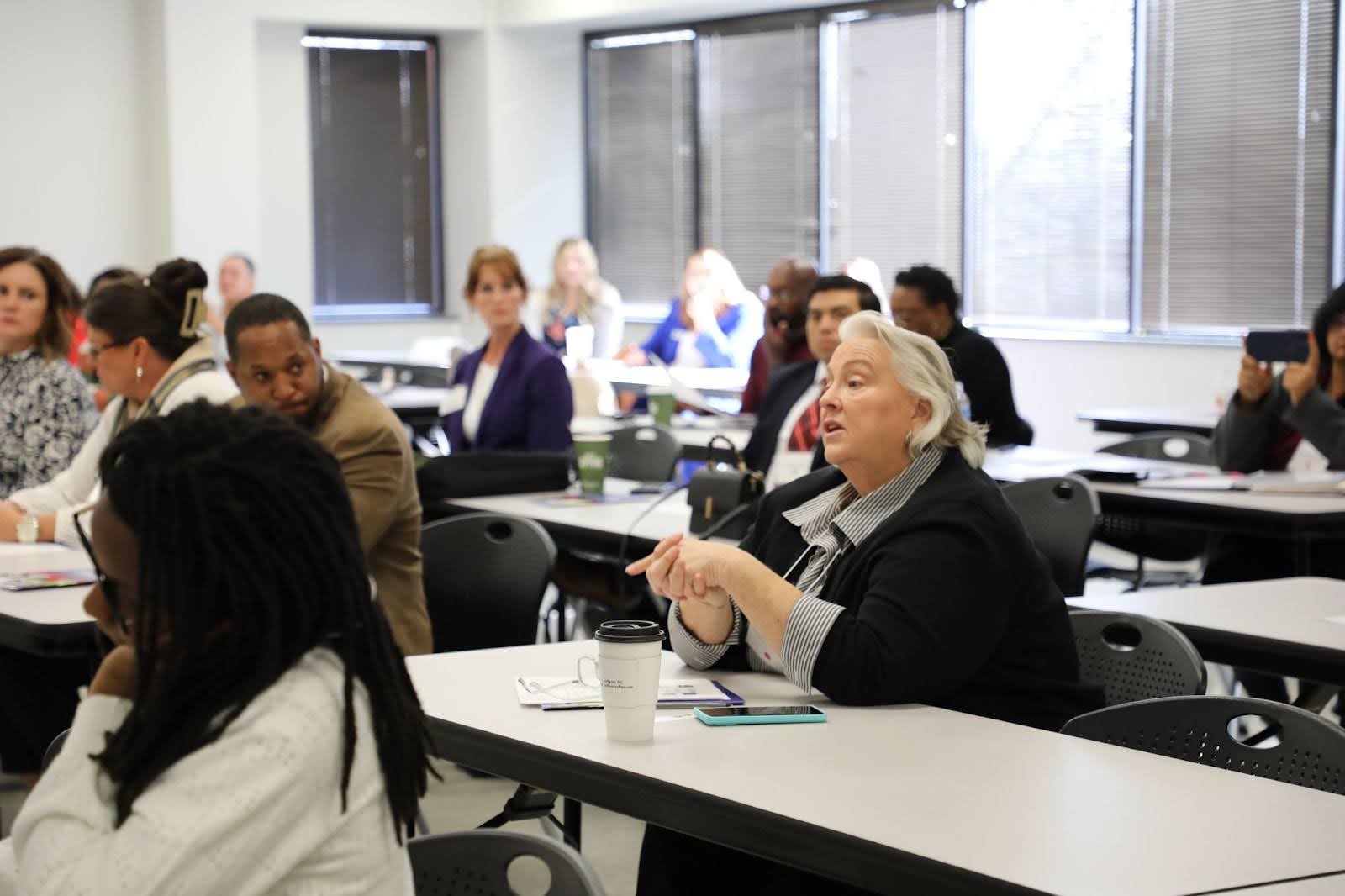REACH Center (Reconnect to Mental Health & Well-Being)

From its beginning, the REACH Center in Rocky Mount has taken a different approach to meeting the needs of the people who walk in the door with challenges. “They are expecting to get the same responses that they get maybe at another social agency,” said Executive Director Trishonda Roberson. “They come in, ‘I’m just a number, I’m just going to sign some papers, the person is just not going to look at me.’ So we are very intentional that when they come in, it’s calming, it’s relaxing. We don’t jump to the computer.” Instead, she takes them over to the couches so they can talk, cry, and explain what they’re struggling with. “That’s how we learn who they are. Because we don’t want to just pay your bill, we want to know who you are, how can we love on you? What is it that you need that’s not on the paper?”
Over the years the needs of the people in the community have changed, and the REACH Center has changed with them. REACH has grown from a volunteer organization, operating out of a church with a budget of $100 a month to a more formal institution with staff in space adjacent to the church. Their mission has likewise expanded, to include securing housing and shelter; providing access to food, utilities and medicine; facilitating job training, educational counseling and mental health services; supporting family violence prevention; and raising awareness of human trafficking.
With COVID-19, the REACH Center has joined a critical mass of organizations across the state facing down the skyrocketing increase in people with clear symptoms of mental health challenges: “Since the pandemic, we have seen an increase in the number of individuals experiencing anxiety, moments of depression, hopelessness, grief and frustration,” says Trishonda. In response, the REACH Center launched its Community Mental Health and Wellness Initiative. The Initiative is built on a model intended to be holistic, replicable and innovative, introducing nontraditional approaches including use of the creative arts, farming and equine therapy, and in partnership with a network of individuals and organizations across various sectors.
As with all of its work, Trishonda explains, the first step to helping someone is to understand them, their needs, and where they’re coming from. At the REACH Center, they do this by intentionally making a welcoming atmosphere that feels like home, not an office—a place where clients can eat, do laundry, shower, socialize, or work in the (soon-to-be) community garden.
The REACH Center doesn’t refer to “clients”; they talk about “champions”—people who have endured all manner of hardships and are now actively working toward bettering themselves. Currently, REACH is working with more than 600 applicants and fielding upwards of 400-500 calls per month. Meanwhile, she says, “the demand and the work has increased, but the volunteers have decreased” due to COVID-19 and in part to the larger systemic problem of burnout in charitable organizations.
She remains hopeful that communities and the organizations that serve them will be able to weather the storm together. Although volunteers are scarcer, charitable support from institutions, stores, farms, interfaith groups and collaboration with local government has increased, allowing the REACH Center to assist more people than ever before. More often than not, the challenges are multi-level—mental health challenges may stand beside chronic physical health conditions, job issues, or difficulty paying bills—but the commitment remains the same: at the REACH Center, champions won’t face their struggles alone.
Written by Chris Kampe.
- Categories:


